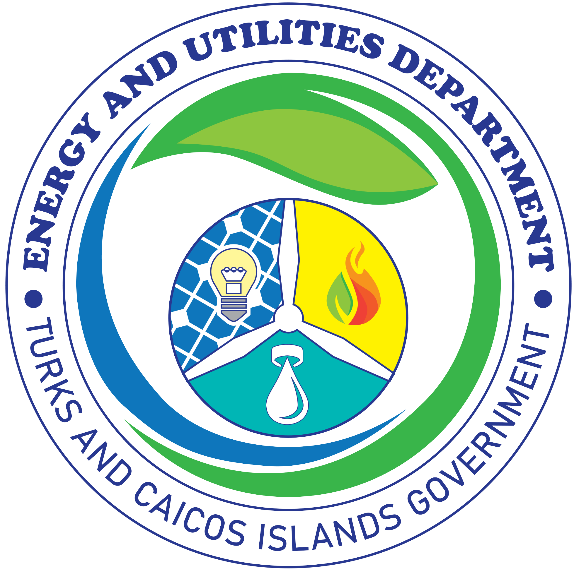Energy and Utilities Commissioner Addresses Water Restrictions Announced by Provo Water Company
Providenciales, Turks and Caicos, 20 March 2024 - In light of the recent announcement by Provo Water Company (PWC) regarding the implementation of nightly water restrictions until the end of April 2024, the Ministry of Public Safety and Utilities (MPSU) through the Energy and Utilities Department (EUD) of the Turks and Caicos Islands acknowledges the significant pressure placed on our water supply by the continued surge in tourism and local demand.
As the Energy and Utilities Commissioner, I recognize that our situation is far from ideal. However, I assure the public that the EUD collaborates closely with PWC to identify and implement the best mitigation strategies. It is our shared understanding that any disruption in water service, for any reason, is an inconvenience. Yet, given the current circumstances, these measures are deemed necessary.
The EUD has maintained open lines of communication with PWC, thoroughly discussing the immediate challenges, the anticipated increase in demand, and the company’s strategic mitigation plan. We are satisfied with the ongoing dialogue and are committed to supporting PWC’s efforts to navigate through this period.
To mitigate the impact of the water restrictions, we advise residents and businesses to:
- Utilize backup cisterns where possible to ensure an uninterrupted water supply.
- Engage in water conservation practices by repairing leaks, using water-efficient fixtures, and avoiding non-essential water use.
- Store sufficient water in sanitized containers during non-peak hours for use during peak hours to cover essential needs.
- We urge the community to adopt these practices to help manage the current situation as efficiently as possible.
The EUD is fully committed to working alongside PWC to ensure that the upcoming projects — including the New City Water Transmission Main Project, the Leeward Highway Valve Replacement Project, and the proposed new desalination plant at Northwest Point — not only address the current issues effectively but also do so without placing an undue burden on the water costs for Islanders. It is our priority to ensure that these necessary infrastructure upgrades and expansions are executed in a manner that balances reliability, sustainability, and affordability for all residents and businesses in Providenciales.
For more information, please contact the Energy and Utilities Department at:
Email:

